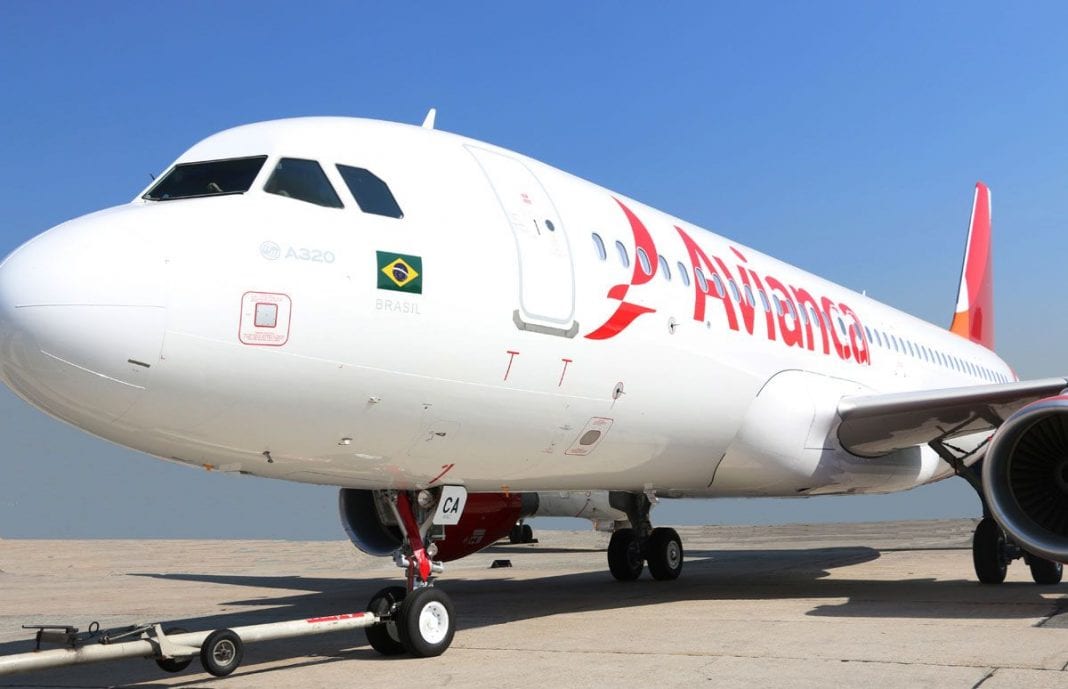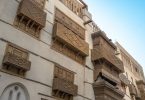The view from Noir, a recent addition to Beirut’s clubbing scene, over the Lebanese capital’s Gemmayzeh district and port area is stunning. Yet few of Noir’s patrons take any notice of the elegant buildings and the spotlights sweeping the sky from some of the neighbouring nightclubs.
Dressed to the nines, Noir’s denizens are strictly there to watch each other and to be seen in what is, according to some, the hottest new place in town. Noir is one of several such establishments that opened at the start of the summer to take advantage of an unprecedented surge in tourism in Lebanon.
EDITOR’S CHOICE
Politics clouds state sell-offs in Lebanon – Aug-17
Lebanon leader inherits mixed legacy – Jul-01
Lebanon’s Hariri faces tough team building – Jun-29
Hariri seeks to defuse Hizbollah dispute – Jun-09
Editorial: Hariri wins but deadlock persists – Jun-08
Hizbollah fails in quest for more legitimacy – Jun-08
“Of course we timed it to open at the start of the summer,” says Rima Ariss, Noir’s marketing manager. The investors behind the $2.6m club “did feasibility studies and looked at the situation and saw that there is a gap in the market. There are only a handful of real nightclubs in Beirut while demand is very big,” adds Ms Ariss.
Taking advantage of the quiet after four years of political upheaval, assassinations and war, visitors are flocking again to Lebanon. More than 1m, including 79,000 Europeans, visited in July alone, according to the ministry of tourism. The remainder were almost equally divided between Lebanese expatriates, Syrians and other Arab nationals.
The tourism sector is one of the pillars of Lebanon’s economy, along with banking and real estate, and the Lebanese are eager to replace the old image of their country as a war zone with something more appealing.
“The story that everybody is putting out there, as well as the fascination that the media seem to have with us, is that we are converting a war zone into a tourist zone,” says Nagi Molkos, one of the owners of Hodema, a hospitality development company in Beirut.
The effort to overhaul the image is being helped by flashy nightclubs filled to the rafters – if they have any because many are on rooftops – and by big-name events featuring international DJs and such star turns as Snoop Dogg, the US rapper.
Beirut’s revived party town image comes at a time when the region’s only other aspiring entertainment centre, Dubai, has hit the financial buffers and as the DJ scene in Europe is said to have peaked. All agree that the music, party and events sector in Lebanon is growing.
“Lebanon is said to rank fourth in the world in terms of booking international DJs,” says Mohammed Ghebris, events booker, record shop owner, record label proprietor and founder and head of “the only DJ school in the Middle East”. He says that international DJs cancel other gigs to play Beirut. “They enjoy it more here. They tell me that the people dance here like nowhere else.”
He offers the prospect of Beirut rivalling such famous party destinations as Ibiza and Miami one day.
In the basement under his Per-Vurt record store in West Beirut, Mr Ghebris has built a modest recording studio and a DJ training rig. “I get people from all over the region, Jordan, Saudi Arabia, the Gulf to come to the school.” He estimates that he has trained some 80 DJs during the last three years.
One of them is 21-year-old Noor Jaber, who studies business and who has just landed her first regular job, at a relatively new bar in the Gemmayzeh area called Proof. “I want to have my own club eventually,” says Ms Jaber.
On her first night working at Proof, a relatively quiet Friday, Ms Jaber nervously busies herself with the music while Mr Ghebris provides support. “She’s much more ready for it than I first thought she was,” he says.
The owner of Proof, Samir Tabiaat, explains Beirut’s particular phenomenon of having DJs in most bars: “We want to offer our clients the best of everything: the best drinks, food, atmosphere and music.”
He recently converted Proof from its previous incarnation as a tapas bar “because the Lebanese love new things”.
Mr Molkos of Hodema says that the trend during the past two years has been for rooftop dance clubs, such as White and the biggest one, Skybar, where patrons are said to pay as much as $14,000 to reserve a table for the season. This year, another rooftop club, named Beiruf, opened in the port area.
The huge influx of tourists also poses a challenge for the city, says Mr Molkos. “We cannot handle it in terms of infrastructure – just look at the roads and the electricity. And even in terms of human resources we cannot keep up. We just don’t have enough qualified people.”
Beirut’s roads are snagged with traffic most days and, even more inconvenient for nightclubs, the city’s daily three-hour power cuts tend to be extended in the summer.






















